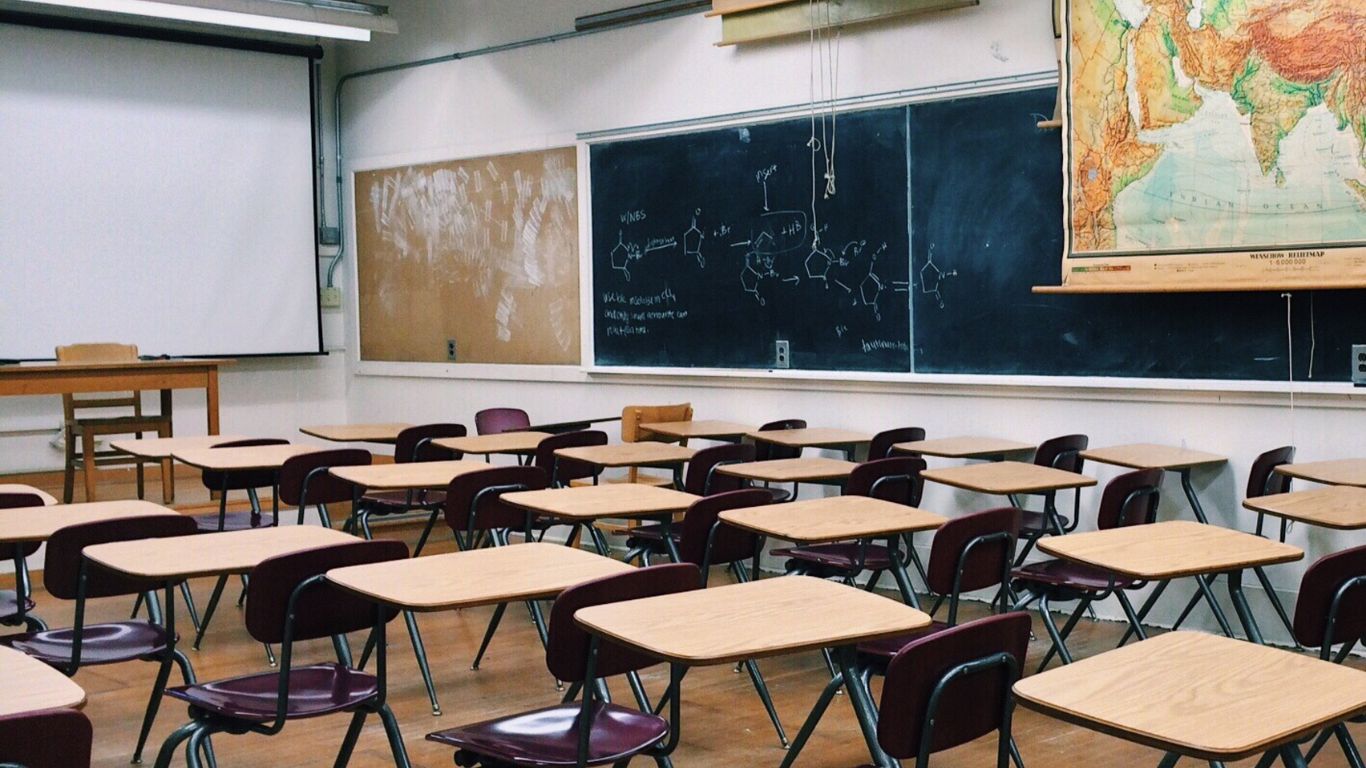What are the Pros of Going Back to School in Recovery?
After you have completed a drug or alcohol addiction treatment program, your mind is clear, you’re motivated, and have lots of plans for your bright future. One of these plans is going back to school to start a new career or finish a degree you had started before drugs and alcohol took control of your life. Going back to school while in addiction recovery can be a positive experience if you determine your goals, choose the right school, and create a relapse prevention plan. There are several benefits to returning to school after drug and alcohol rehab, which include:
- School and college campuses provide individual counseling and hold 12step meetings on campus for students in recovery
- Can provide an additional layer of support during recovery
- Will help develop skills to find a successful job and career
- Provides a sense of pride and self-worth
- Helps to focus the mind on positive opportunities
- Will keep you busy and away from drugs and alcohol
How to Go Back to School After Rehab
Going back to school after drug or alcohol rehab can be stressful, despite the benefits of pursuing additional education. Some helpful factors to consider when deciding to return to school include:
- Decide if You’re Ready. You need to decide if you are ready and able to avoid or manage relapse triggers such as stress and being among substance abuse, which are common on college campuses. It is important that you are able to balance the demands of school while maintaining active recovery after drug rehabs such as going to addiction therapy and 12-step meetings. It is important to create a relapse prevention plan or work with a recovery coach while going back to school.
- Determine Your Goals. Decide your educational goals and what kind of job you would like to have after school.
- Evaluate Finances. Figure out how many schools will cost and if out-of-pocket is not available, financial aid or scholarships are available.
- Research and Apply to the Right Schools. Find a school that is a good match for your substance abuse recovery. Some have a recovery community and recovery program for students in recovery. There are also sober schools and online schools if being around substance abuse will be an issue.
Educational Resources for Recovering Addicts
Talking to a recovery coach can help you determine what your educational goals may be. From there you can find schools that have a recovery community, facilities, groups, and resources for students in recovery. FAFSA is a great tool to use to determine what financial aid options are available to you and also talk to the schools you are interested in.
Once you are in school, there are several resources available to you to maintain your sobriety. Individual therapy is always important to continue being active in your recovery as 12-step programs are available in every city in town across the country. Many schools offer recovery meetings on campus and other resources that a school counselor can help you access.
TruPath’s Aftercare Planning Can Help You Plan Going to School After Treatment
If you are one of the many students returning to school after drug rehab or alcohol rehab, TruPath offers many aftercare support options to their clients and others looking for substance abuse recovery help. We tailor all addiction treatment plans for every client and if you need additional support while going back to school, we can set up recovery meetings, individual therapy, and other addiction therapies around your school schedule to help navigate your sobriety while in school. If you are struggling with drug addiction or recovery, please do not hesitate to reach out to us and learn more about our treatment options.
